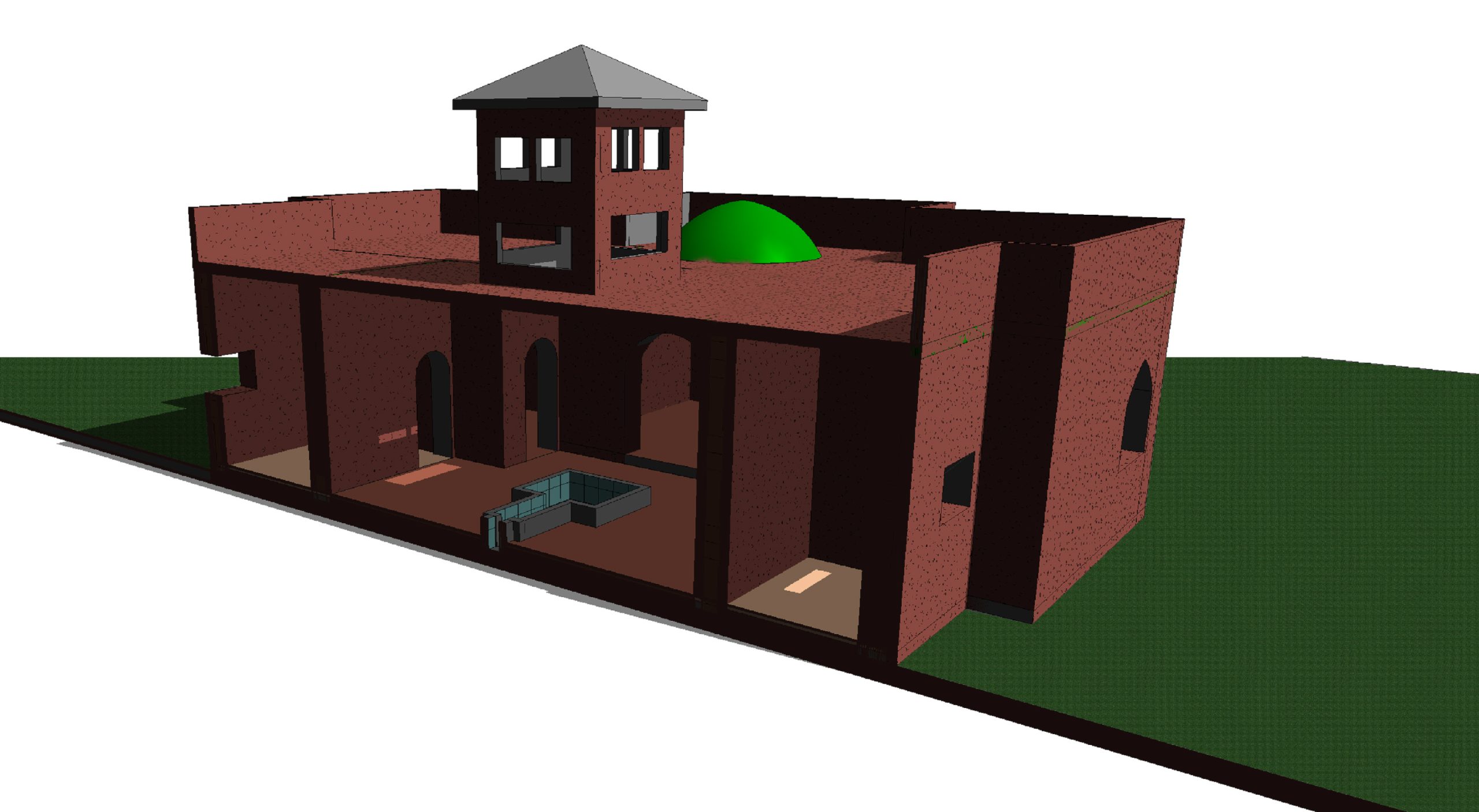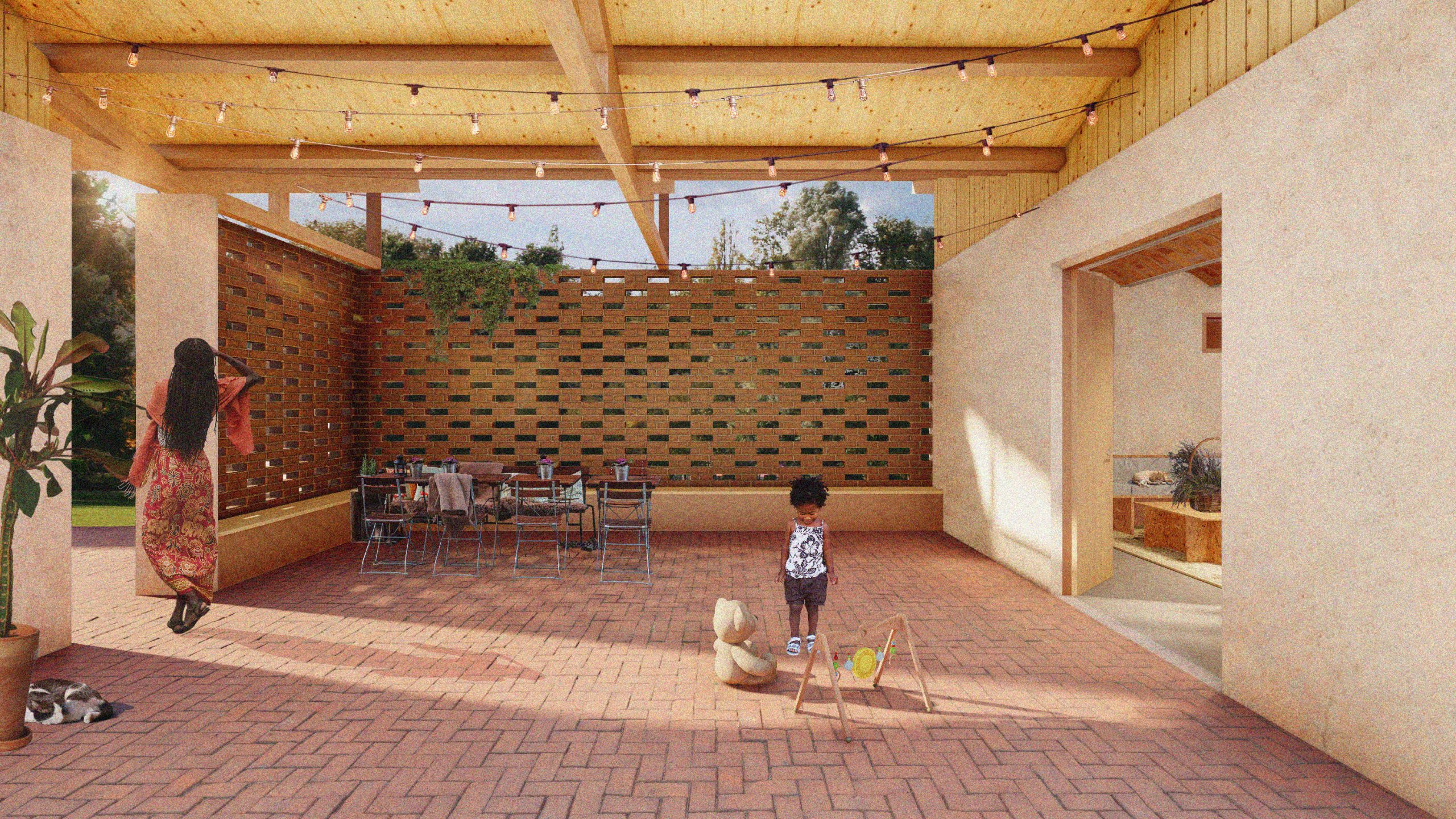
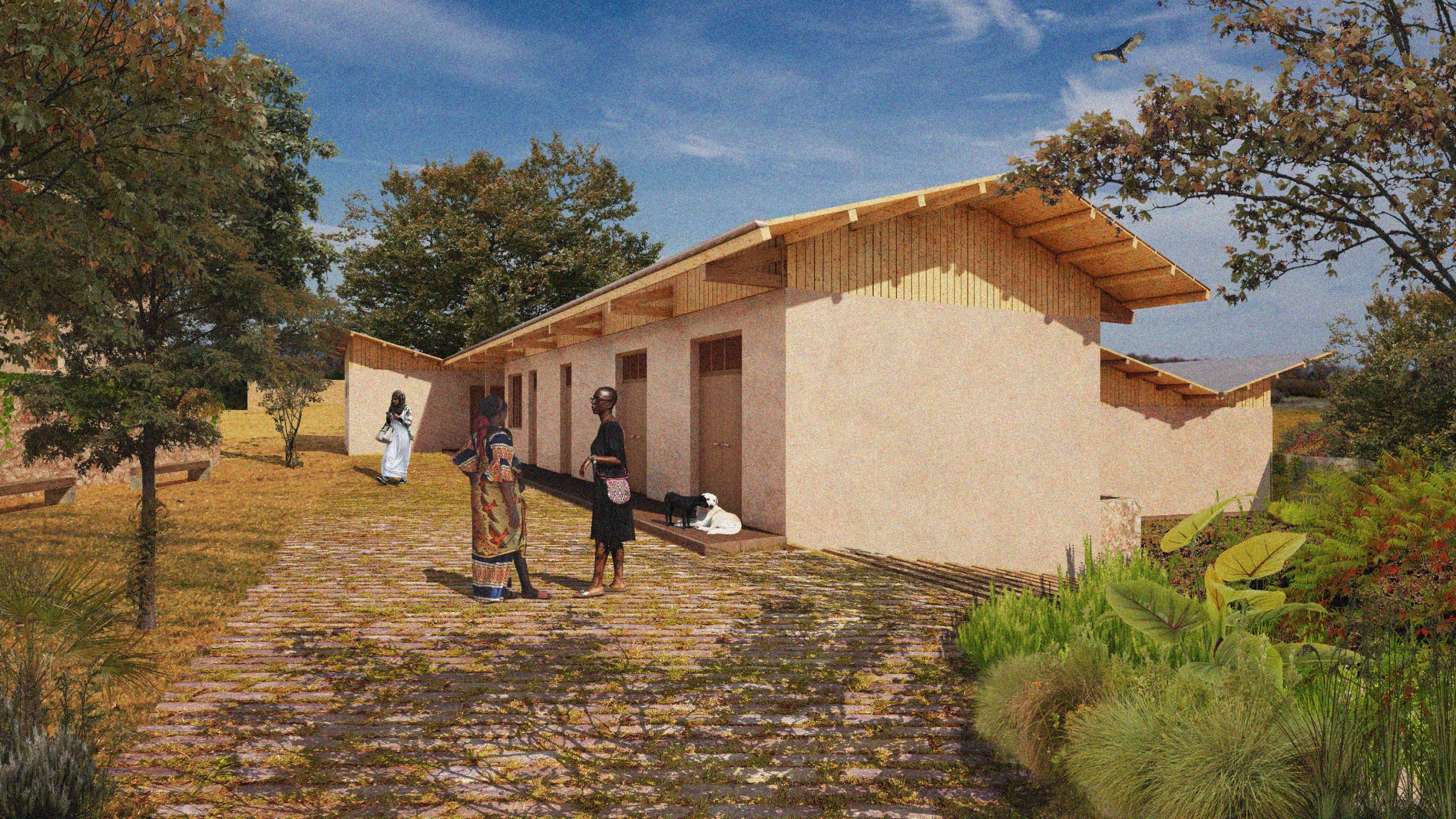
Magdalena Garbarczyk, Mathew Hay and Min Hall of ‘Strawlines’ and Laia Gemma Garcia Fernandez and Carlos Bergillos Soler from ‘Un Refugio Colectivo’ have been jointly awarded first prize in the INTBAU Architecture Challenge. The Strawlines team are awarded for their housing proposal for Te Waipounamu, New Zealand. Laia Gemma Garcia Fernandez and Carlos Bergillos Soler are recognised for their participatory women’s shelter in Bafatá, Guiné-Bissau. The awards were made by the international jury, consisting of Farrokh Derakhshani, Yasmeen Lari, Alireza Sagharchi and Marcel Vellinga.
Shortlist

'Women’s Shelter'
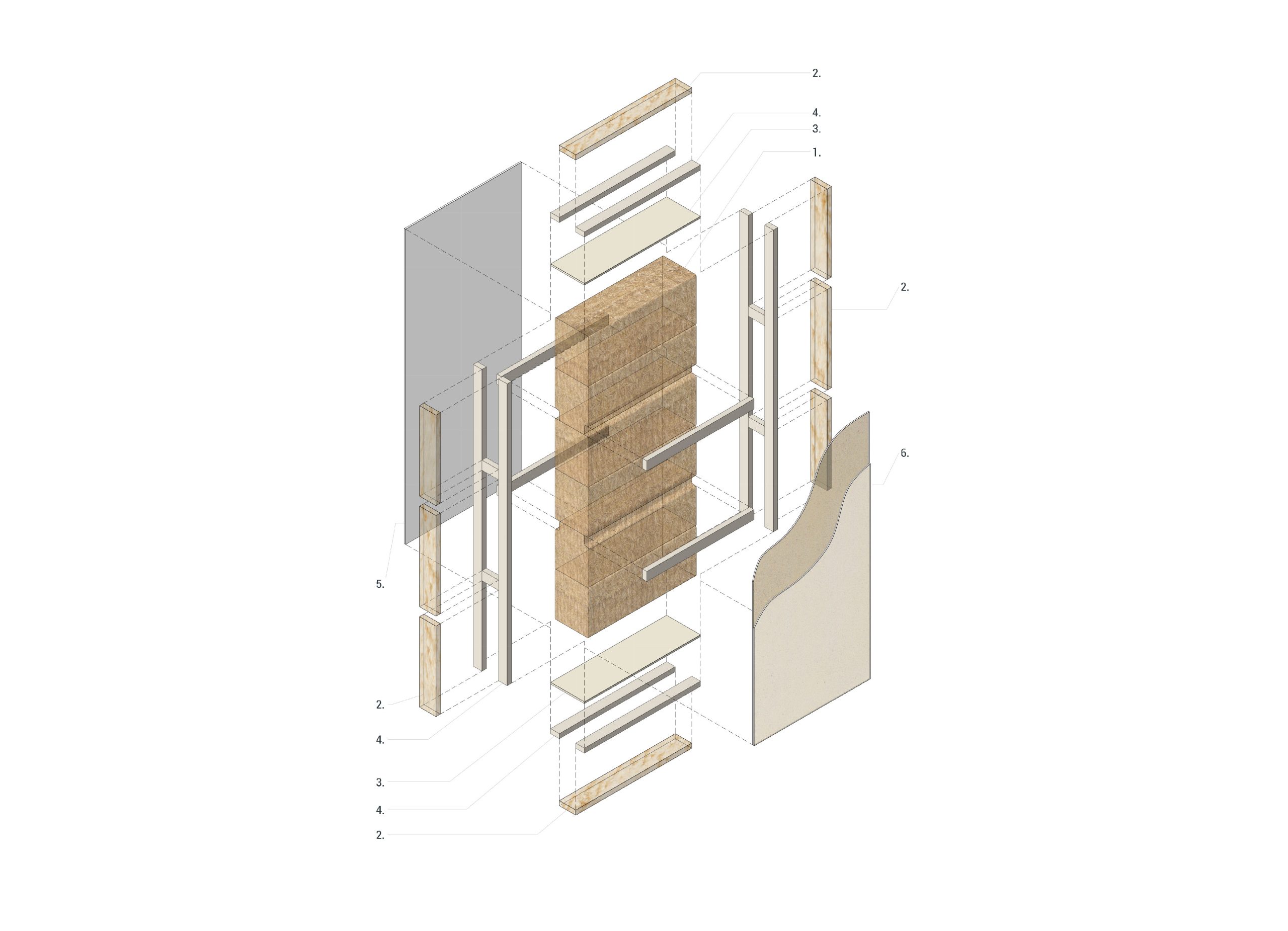
'Strawlines'
Fineline Architecture & Project Pātūtū
Aotearoa, New Zealand
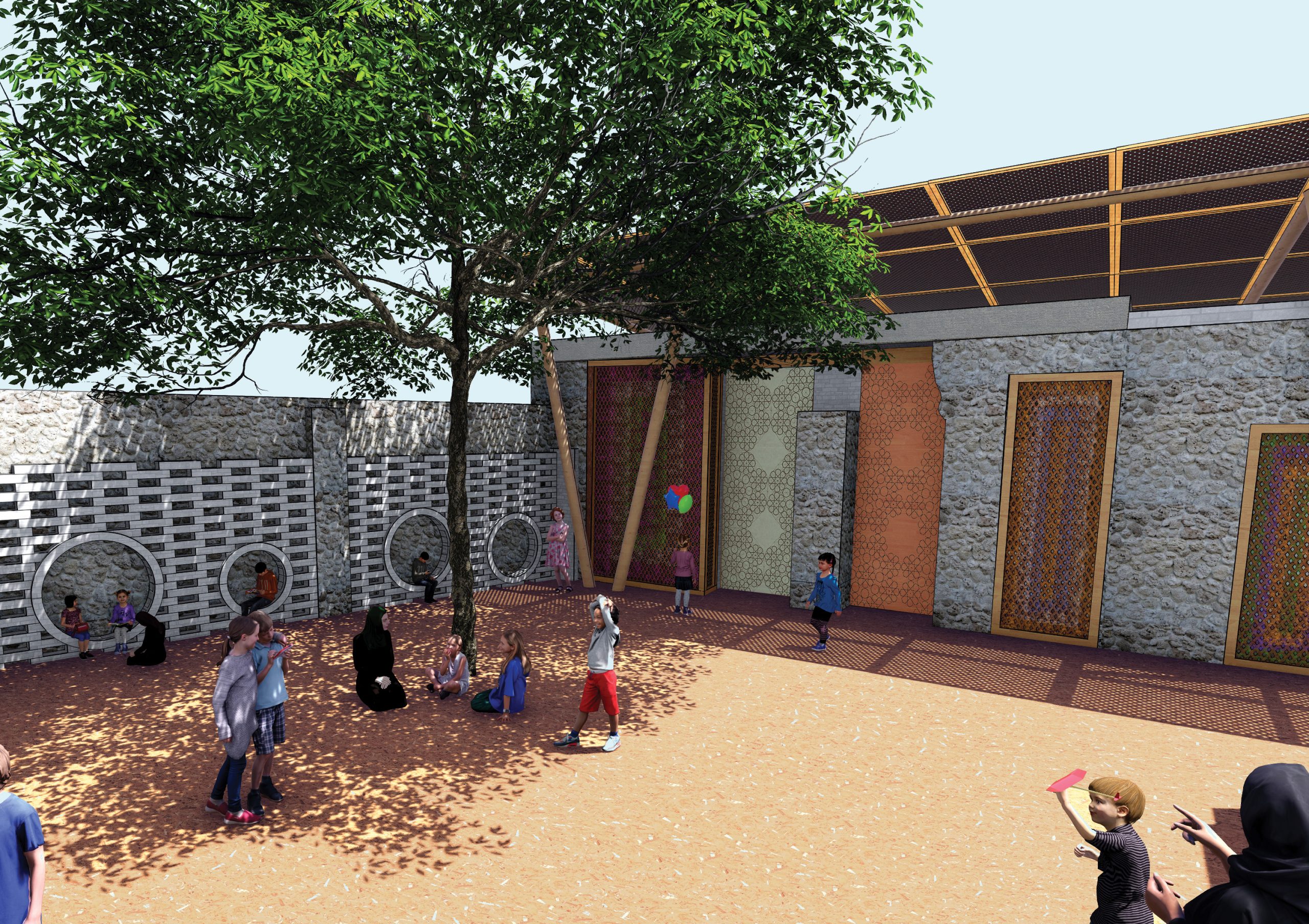
'Tapestry: Pre-primary school'
Abhishek Chandarana
Ras Al Khaimah, UAE
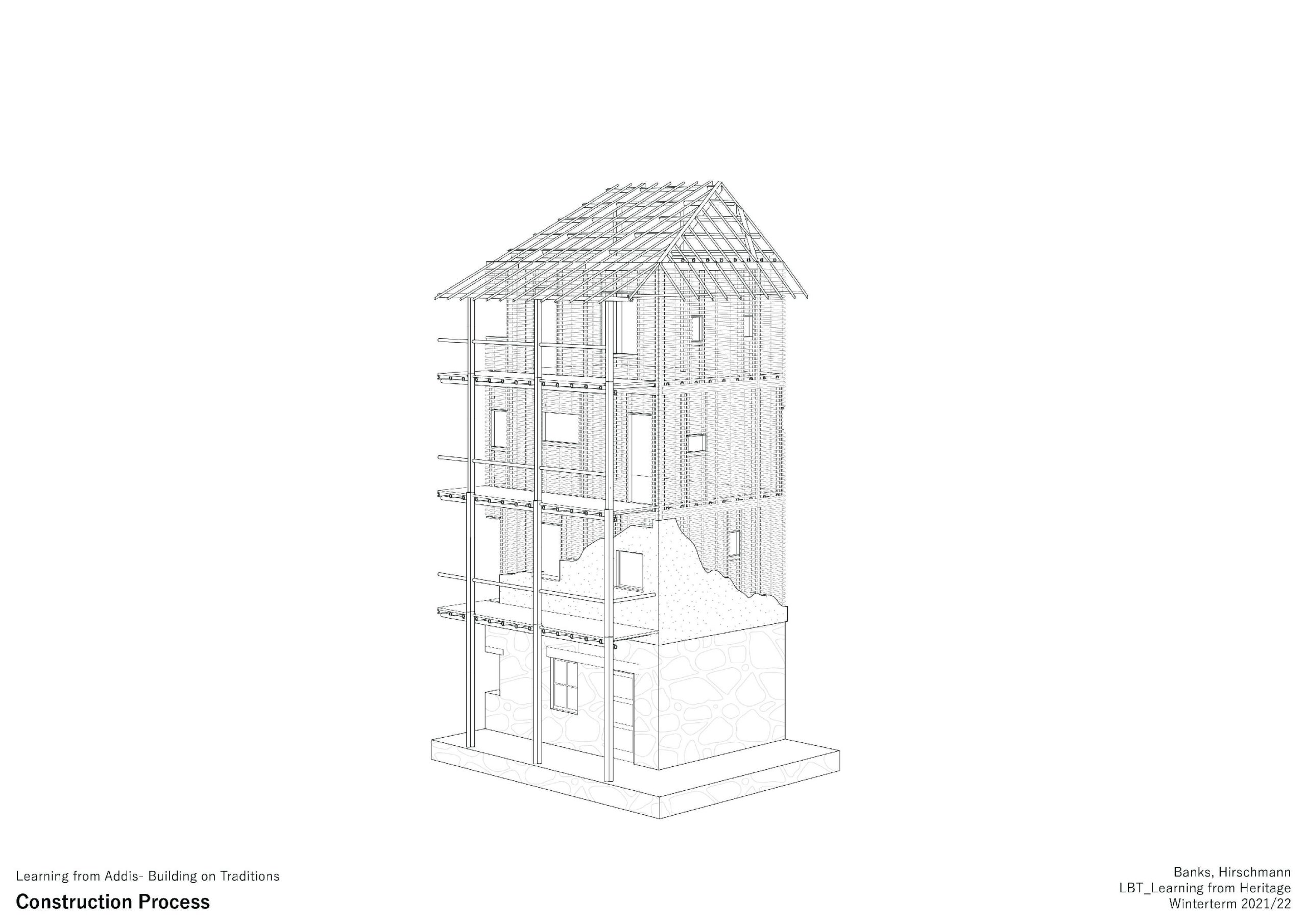
'Learning from Addis'
Gabriel Banks & Lea Hirschmann
Addis Ababa, Ethiopia
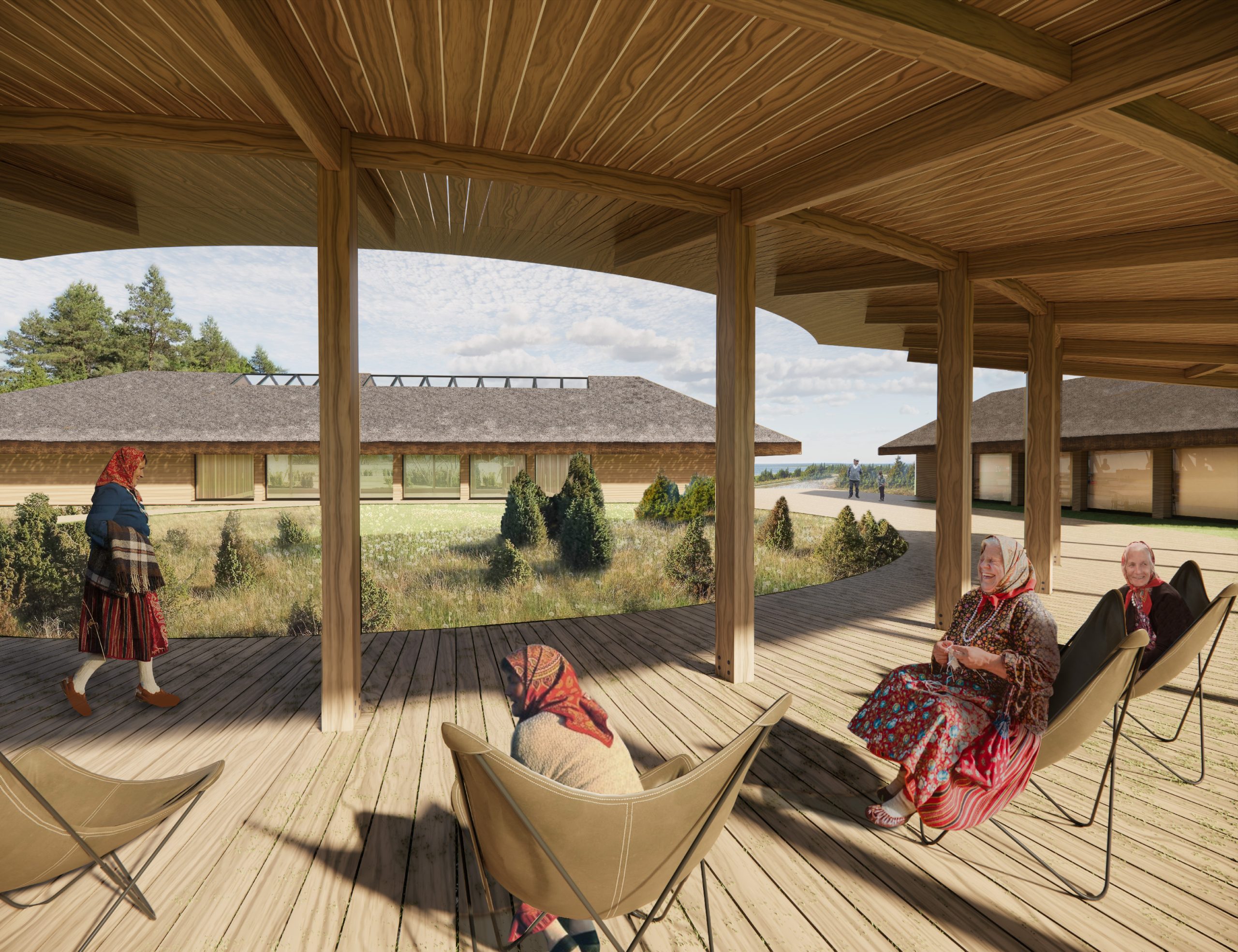
'Lifecycles of Vormsi'
Iiris Tähti Toom & Sebastian Fischer Stripp
Vormsi, Estonia
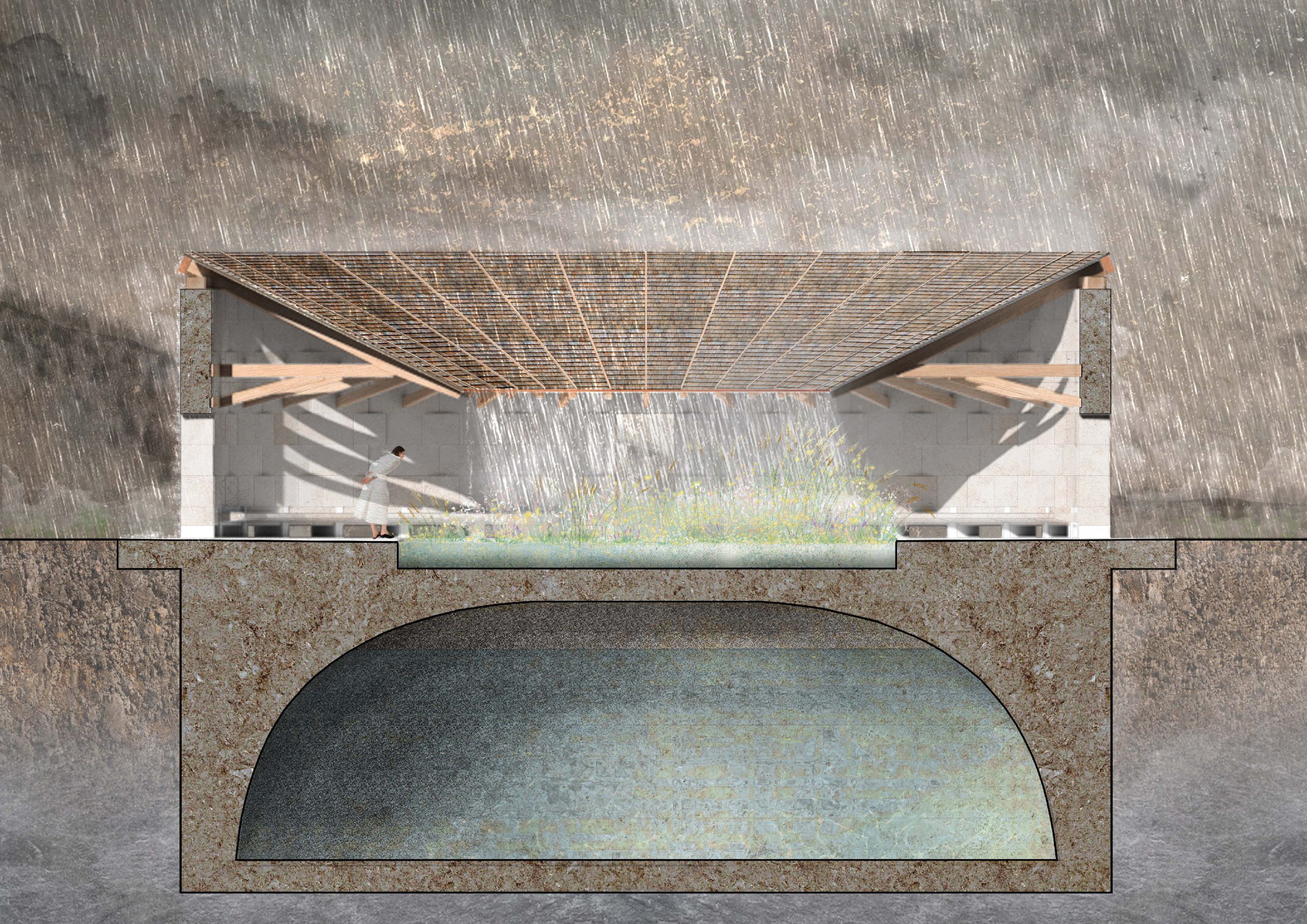
'Re-source Villard-de-Lans'
Alban Thoral, Philippe Paumelle,Yann Mazimann,Victoria Schulz-Daubas,Andrew Smith & Justine Peyre.
Villard-de-Lans, France
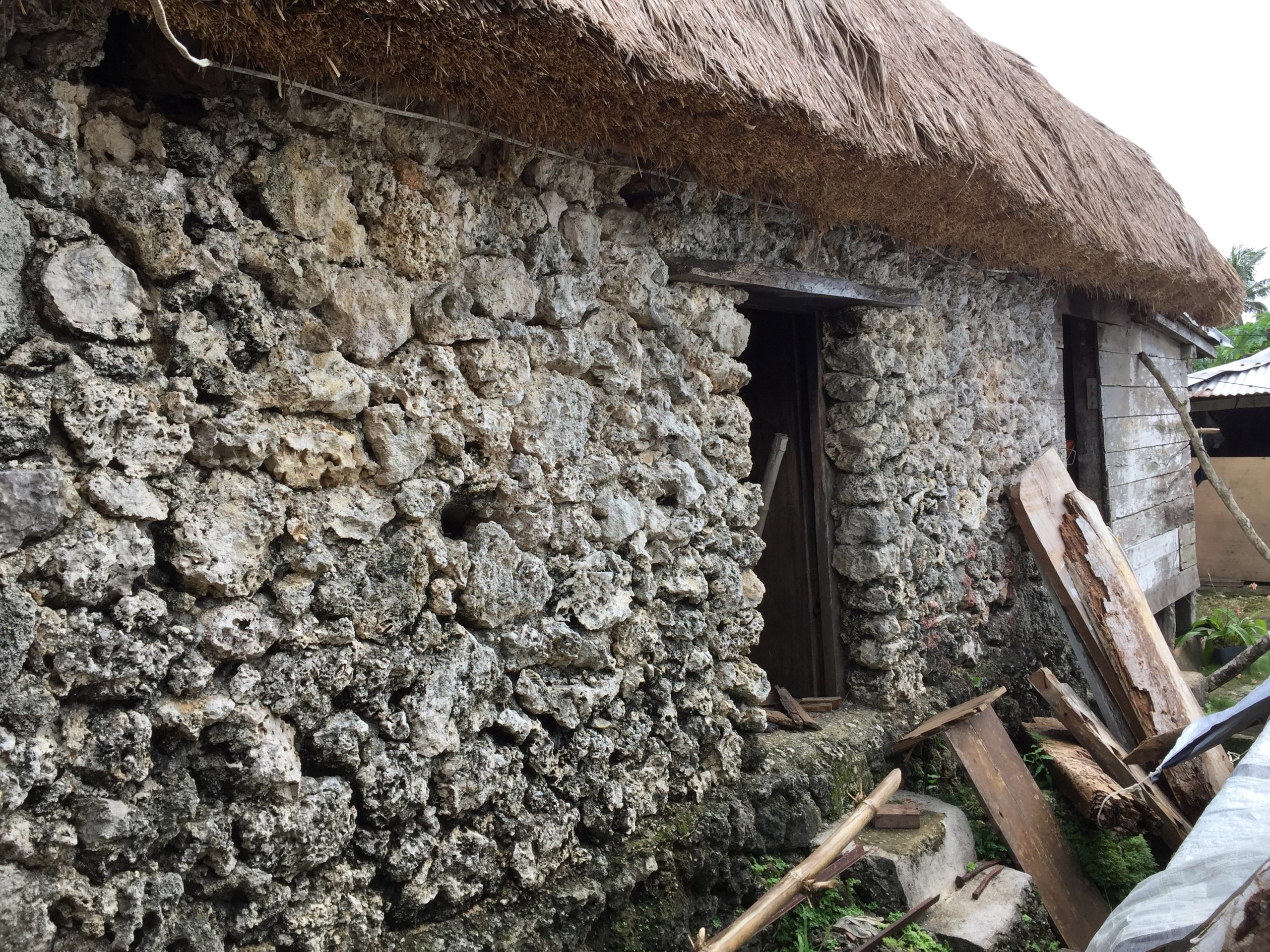
'A Resilient Translation of the Itbayat Heritage House'
Frank Urcia, Jose Miranda & Rodelon Ramos
Itbayat, Philippines
